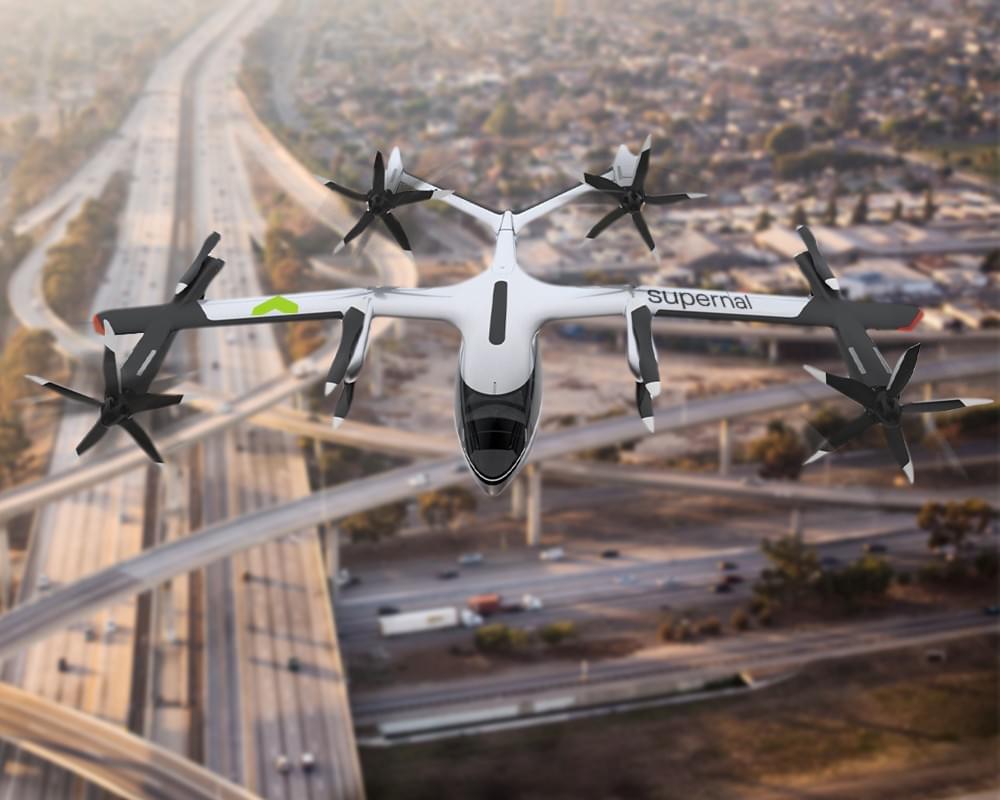And they could enter service by 2030.The automotive world is transforming to meet the needs of the future.
Hyundai has already made it very clear that it’s making a serious play at next-gen electric aviation, establishing its own eVTOL subsidiary Supernal late last year and promising to flex its automotive-grade manufacturing muscle to get air taxis built in bulk. Now, the company has made a presentation at the Vertical Flight Society’s H2 Aero workshop to confirm that it’s also bringing its hydrogen expertise into the aviation world.
Hyundai/Kia and Toyota, of course, have been the two main hydrogen fuel cell stalwarts in the automotive industry. Batteries make more sense for most passenger car applications globally, but Japan and Korea are committed to building a “hydrogen economy” powering much more than personal transport, so these companies in particular have persisted with building and selling relatively small numbers of fuel cell-electric cars like the Nexo and Mirai.
That means they’ve got full hydrogen powertrains designed, manufactured in the tens of thousands of units, and fully crash tested to meet automotive safety certification standards in multiple countries – an excellent head start, you might say, if you’re interested in rolling that expertise out into the aviation market. And that’s definitely an avenue Hyundai is looking to work through Supernal.
